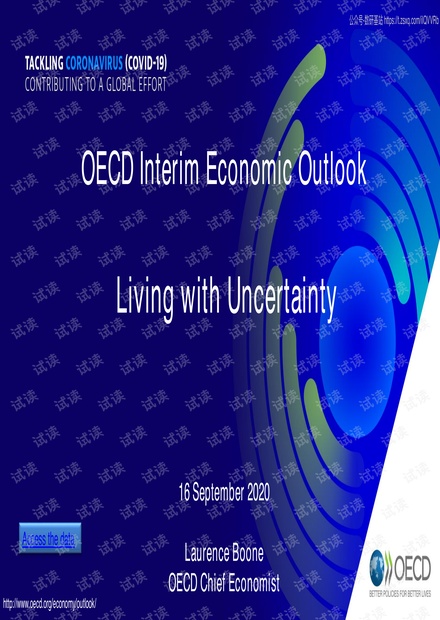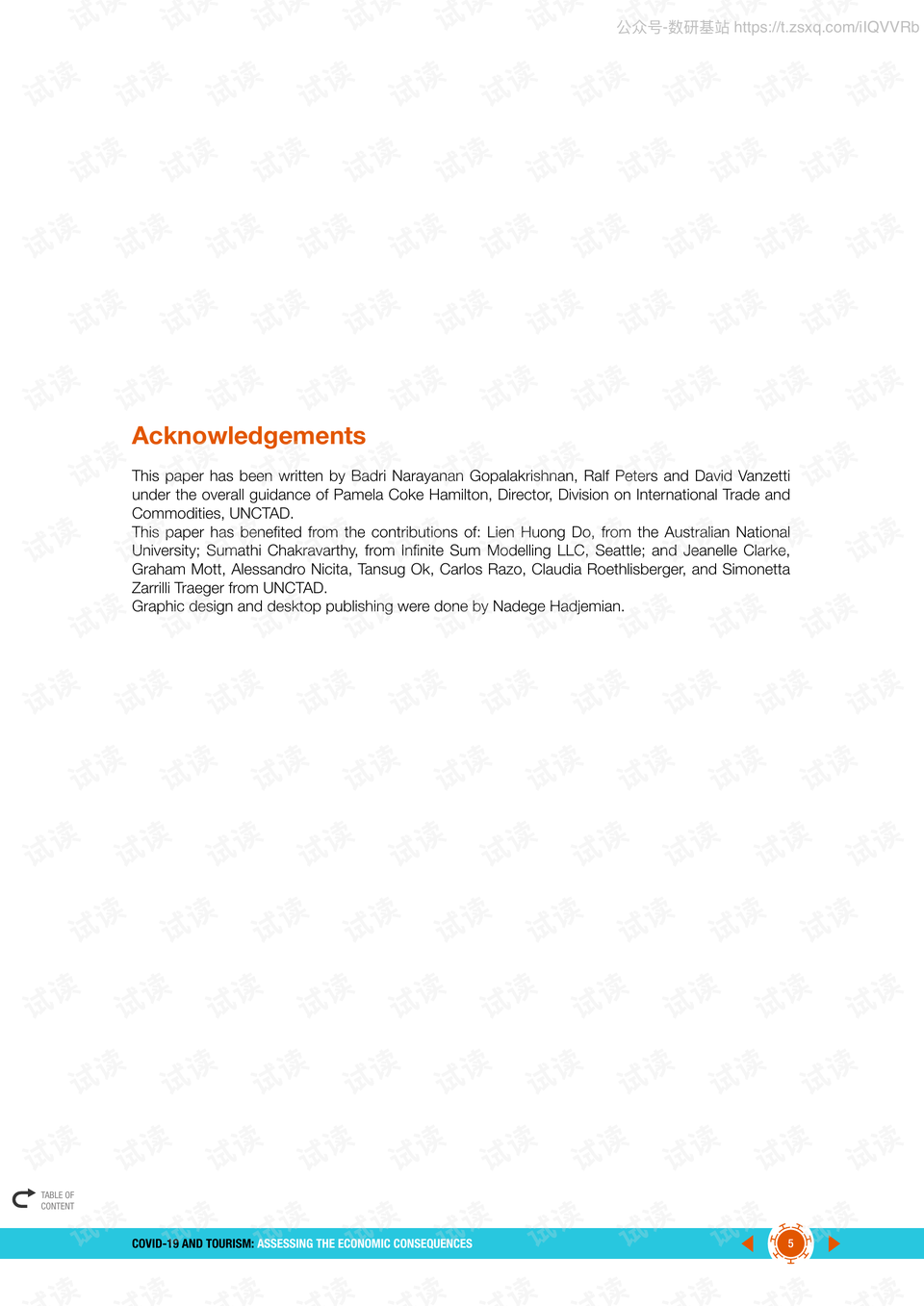The COVID-19 pandemic, officially known as the "novel coronavirus disease 2019," has reshaped the world as we know it, posing unprecedented challenges to healthcare systems, economies, and societies across the globe. This viral outbreak, first detected in Wuhan, China, in late 2019, has since spread to every continent, leading to a global health crisis that continues to evolve and adapt.
The Initial Outbreak and Global Response
The initial reports of the virus in December 2019 sparked alarm, but it was not until early 2020 that the full extent of the pandemic became clear. The World Health Organization (WHO) declared a global pandemic on March 11, 2020, marking a turning point in global efforts to contain the virus's spread. Governments around the world implemented travel restrictions, lockdowns, and social distancing measures to slow the transmission rate.
Health System Strain and Medical Innovations
The pandemic has put immense pressure on healthcare systems worldwide, with hospitals struggling to manage a surge in cases and lack of personal protective equipment (PPE) for frontline workers. The WHO and other international organizations have worked tirelessly to distribute essential medical supplies and share best practices for treating COVID-19 patients.
In response to the crisis, scientists and researchers have accelerated the development of vaccines at an unprecedented pace. The race for a vaccine saw several candidates emerge within months, with the first vaccines—such as those from Pfizer-BioNTech and Oxford-AstraZeneca—being approved for emergency use in late 2020 and early 2021. These vaccines have since been deployed on a massive scale, becoming a crucial tool in the fight against the pandemic.
Economic Impact and Recovery Strategies
The economic fallout from the pandemic has been severe, with global GDP shrinking by an estimated 3.4% in 2020, according to the International Monetary Fund (IMF). Small businesses and informal sectors have been particularly hard hit, leading to job losses and widespread poverty. Governments have responded with massive stimulus packages, including direct payments to citizens, increased public spending on healthcare, and support for small businesses through loans and grants.
The pandemic has also accelerated the shift towards digitalization in various sectors, from e-commerce to remote work. While this has provided some relief for economies, it has also widened the digital divide, highlighting the need for inclusive digital strategies that benefit all segments of society.
Social and Psychological Effects
Beyond the direct health and economic impacts, the pandemic has had profound social and psychological effects. Social distancing measures have isolated individuals and communities, leading to increased loneliness, anxiety, and depression. Mental health services have seen a surge in demand as people grapple with the uncertainty of the pandemic's future and the loss of normalcy.
The pandemic has also highlighted the importance of community resilience and solidarity. As stories of selfless acts of kindness and community support have emerged from around the world, they serve as a reminder of humanity's capacity for compassion in times of crisis.
Vaccine Rollout and Variants
The rollout of vaccines has brought hope for an end to the pandemic, but it has also exposed vulnerabilities in global vaccination efforts. Inequalities in access to vaccines between countries have become a major concern, with some nations struggling to procure even basic doses while others have already vaccinated their populations. The emergence of new variants, such as Delta and Omicron, has underscored the need for continued vigilance and effective vaccination strategies worldwide.
Future Projections and Lessons Learned
As we enter the third year of the pandemic, it is clear that we are still in the midst of a long-term struggle. Future projections vary depending on factors such as vaccine uptake rates, new variants' characteristics, and global cooperation. However, one thing is certain: the pandemic has taught us valuable lessons about preparedness, collaboration, and resilience.
We must continue to invest in public health infrastructure, strengthen healthcare systems globally, promote equitable access to vaccines and treatments, and foster international cooperation in times of crisis. The pandemic has also underscored the importance of science-based decision-making and the role of multilateral institutions like the WHO in guiding global responses.
Conclusion
The COVID-19 pandemic is a defining moment in modern history, one that has reshaped our understanding of infectious diseases, economics
转载请注明来自爬爬百科,本文标题:《全球疫情下的挑战与影响,新冠疫情的全球视角》












 京ICP备11000001号
京ICP备11000001号
还没有评论,来说两句吧...